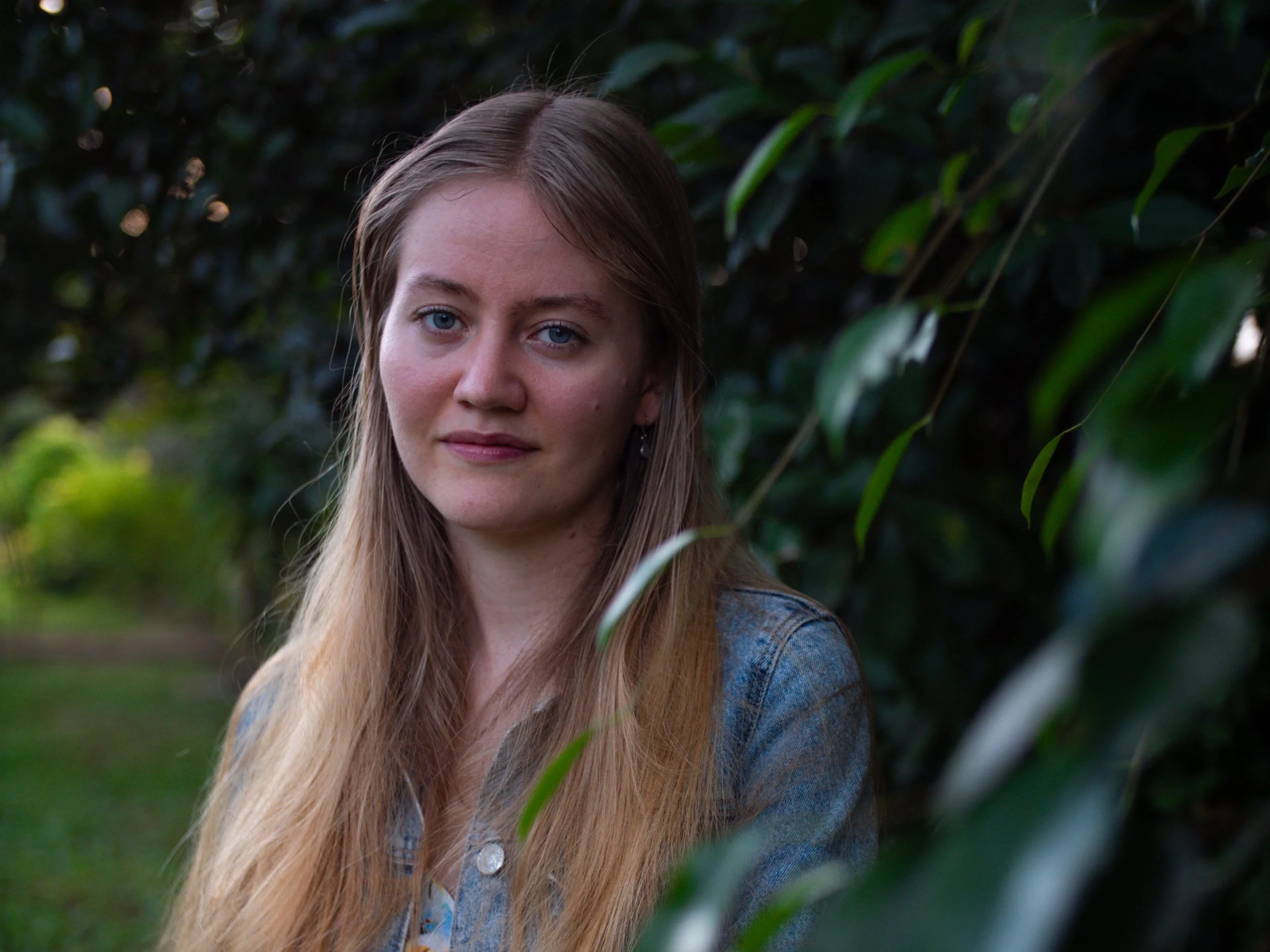What is a Wild Education?
Rebeca and Mauricio Wild, who founded the Pestalozzi Educational Center in Ecuador, created an educational methodology that emphasized a non-directive, child-centered approach, fostering learning through free play, movement, and interaction with a prepared environment, drawing heavily from Montessori and Piaget’s developmental theories. Unlike formal education’s fixed curricula and teacher-led instruction or other alternative methods like Waldorf’s structured creativity, the Wilds’ approach prioritizes self-directed exploration and respects individual developmental rhythms, avoiding prescribed academic goals.
Miranda and Sebastian Wild give workshops, immersive talks, speeches, and consulting services. Sharing what it was like to grow and learn in a this learning environment. Aimed at people who are frustrated with the current formal education and alternative education systems.
-
Autopoiesis is the process by which a system, typically a living one, self-organizes and maintains its structure through internal processes, despite external changes. Coined by biologists Humberto Maturana and Francisco Varela, it describes how living systems, like cells or organisms, produce their own components and boundaries while remaining distinct from their environment. For example, a cell continuously regenerates its membrane and internal structures using resources from its surroundings, yet it retains its identity as a cohesive unit.
-
To respect life processes involves allowing organisms to make their own decisions. Understanding that humans, as individuals and as social beings, self-organise and create themselves from within, in a dynamic and symbiotic relationship with the environment.
-
Non-directivity plays a key role in respecting life processes, and autopoiesis. To be non-directive means we don’t tell other people what to do, we respect their autonomy and capacity to make decisions. This doesn’t mean that we take a passive stance, it means that we have clear rules and put limits when needed. In autopoietic terms, systems thrive within boundaries that maintain and support their integrity.
-
For humans to thrive, environments must support autopoietic self-organisation (e.g., autonomy, resilience, learning) and foster epigenetic conditions that promote positive gene expression (e.g., for health, emotional well-being, cognitive growth).
-
Flow is a term coined by psychologist Mihaly Csikszentmihalyi.
“Flow is defined as an optimal state of consciousness where we feel our best and perform our best… Flow describes these moments of total absorption, when we become so focused on the task at hand that everything else falls away. Action and awareness merge. Time flies. Self vanishes. All aspects of performance—mental and physical—go through the roof.” (Bold)
Flow has triggers that enables us to enter a flow state.
Challenge-skills balance
Novelty
Passion
Autonomy
Risk
Many more
In flow we become:
500% more productive
600% more creative
learn 230% faster
Studies show that Montessori classrooms are some of the highest flow environments on Earth.
-
Intrinsic motivation is a flow trigger. We have three big intrinsic rewards that are the very motivators that motivate us the most.
Autonomy is the desire to steer our own ship.
Mastery is the desire to steer it well.
Purpose is the need for the journey to mean something.
Wild Education is all about intrinsic motivaiton over extrinisic (carrot and stick) motivation.
By providing an environment where children can be intrinsically motivated, we can ensure that they are motivated from within. Extrinsic motivation is a terrible way to have children learn, and is less effective than intrinsic motivation.
Autotelic, derived from the Greek words auto (self) and telos (goal or purpose), autotelic literally means "having an end or purpose in itself." It is a key concept in Mihaly Csikszentmihalyi’s work on flow, where autotelic activities are those that naturally foster flow states due to their inherent enjoyment and engagement.

